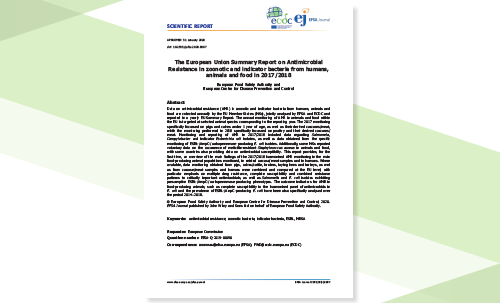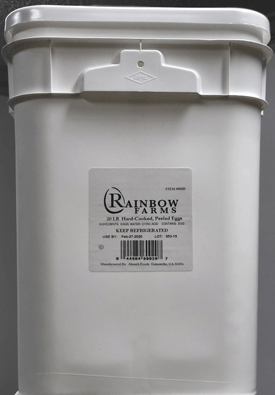Since 2017 E. coli O157H:7 in leafy greens caused outbreaks across the U.S. and Canada sickening more than 500 people (200 admitted to hospitals and seven death). As a result, the FDA has released its 2020 Leafy Greens Action plan to resolve repeated E. coli outbreaks from romaine lettuce. The plan calls for a more urgent and collaborative approach to solve the problem, providing technical assistance to the farmers. The leafy green industry welcomes FDA input on product testing data, research, and information gathered through outbreak investigations. The FDA’s plan has many initiatives, including Advanced agricultural water testing; Enhanced inspections, auditing and certification programs; Develop a “Leafy Green Data Trust,” a public-private bank of data from inspections, traceability, audits and other information collected by growers; Meeting with growers in Salinas, Calif., and Yuma, Ariz., about issues specific to those regions; Continued FDA surveillance inspections of romaine; Issue a proposed rule on required records for traceability; Enhance recall communications, including using retail loyalty card data; Accelerate whole-genome sequencing data submissions, and Support multi-year “longitudinal” studies in growing areas to understand better how pathogens survive. @ https://www.freshfruitportal.com/news/2020/03/06/fda-unveils-leafy-green-safety-action-plan/




